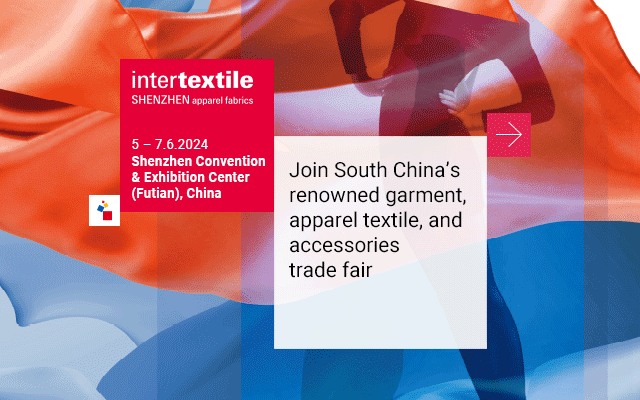Zero Waste Europe urges govts to align fashion with planet

Insights
- Zero Waste Europe has urged governments to align the fashion textile industry with environmental sustainability.
- The paper highlighted three core interventions—effective legal frameworks, financial incentives for producers, and public awareness on sustainable fashion.
- It suggests specific targets such as reducing textile waste by one-third by 2040.
The paper, entitled ‘A Zero Waste Vision for Fashion’ examined the building blocks for a sustainable transition in the fast fashion industry. Central interventions are a ban on the destruction of unsold goods, targets on waste prevention and resource use as well as financial incentives for producers.
The global shift from a linear economy to a circular one has long been touted as the answer to combat the overconsumption of precious natural resources. However, addressing this challenge also requires an overall reduction of material use. Policymakers must recognise major polluters’ market influence and move beyond blaming consumer choices.
“We cannot rely on so-called consumer behaviour ‘nudges’ to cut down on fashion consumption. The cause of our current waste crisis lies with the fast fashion business model that relies on selling large volumes of trendy items. We must have a robust regulatory framework that allows consumers to live well—and dress well—within planetary boundaries,” said Theresa Morsen, author of the report and Waste & Resources Policy Officer at Zero Waste Europe.
The paper’s three pivotal interventions for policymakers are to enforce legal frameworks that work, drive change through financial incentives, and spread awareness about the sufficiency wardrobe.
More precisely, the paper suggested setting a target for textile waste reduction of one-third by 2040 in comparison to 2020. It also calls on the European Union (EU) to transform its waste legislation into a ‘Resource Framework Directive’ in line with a 1.5-degree target, taking inspiration from the EU member states that have already ventured ahead to reduce their material footprint.
A series of initiatives could be integrated to reshape industries, such as Extended Producer Responsibility (EPR) programmes that promote prevention, repair, and reuse as well as imposing environmental taxes on virgin materials, particularly virgin plastics. In recent years, the rapid growth in the fast fashion sector was fuelled by cheap synthetic fibres from fossil resources and manufacturing in regions with lax labour and environmental standards. Setting the price right is an essential lever to address this.
However, without engendering a culture of sufficiency via measures such as restricting fast fashion advertisements and making repair and reuse more attractive for consumers and businesses, the transition cannot succeed.
“While the textile sector’s transformation is a critical milestone, it’s important to recognise that it’s only part of a broader economic shift toward sufficiency, well-being, and resilience,” added Morsen.
The paper urged governments to take proactive steps to adopt best practices and realign the textiles sector with the planet’s physical limits.
Fibre2Fashion News Desk (NB)
































-Ltd..jpg?tr=w-120,h-60,c-at_max,cm-pad_resize,bg-ffffff)





.jpg?tr=w-120,h-60,c-at_max,cm-pad_resize,bg-ffffff)
.jpg?tr=w-120,h-60,c-at_max,cm-pad_resize,bg-ffffff)






